What is Borderline Personality Disorder?
Borderline Personality Disorder (BPD) is a mental health disorder characterised by unstable interpersonal relationships, self-image, emotions, and impulsivity. Individuals with BPD often experience intense and unstable relationships, emotional dysregulation, identity disturbances, and impulsive behaviours. The exact cause of BPD is not fully understood, but it is believed to be influenced by a combination of genetic, environmental, and neurobiological factors.

Borderline Personality Disorder Myths
Don’t be Fooled by Fake Quizzes
We know it’s overwhelming. Information about Borderline Personality Disorder can be confusing, with many online quizzes and articles oversimplifying symptoms or perpetuating harmful stereotypes. This makes it difficult to find the support and understanding you truly need.
We believe everyone deserves access to accurate, professional guidance when exploring their mental health. That’s why our comprehensive Borderline Personality pre-assessment tool is based on the DSM-5.
Real BPD Symptoms
Borderline Personality Disorder symptoms can vary from person to person. Below are some commonly experienced BPD symptoms that you may have experienced, prompting you to consider the possibility of a BPD diagnosis:
Suicidal Behaviour or Threats
Do you ever feel like hurting yourself or talk about wanting to die, especially when you feel rejected or abandoned by others? Do you let others know you want to harm yourself in hopes they will be more supportive, change their behaviours or help you?
Emotional Instability
Do you find yourself feeling really strong emotions that change quickly and are hard to control? Do you have times when you feel extremely angry, anxious, or sad that can last for hours or even days?
Chronic Feelings of Emptiness
Do you often feel empty or bored inside, like there’s something missing or you will never be happy?
Difficulty Managing Anger
Do you find it hard to control your anger and often have outbursts of intense anger that lead to impulsive actions or saying things you later regret?
Paranoid Ideation or Dissociation
Do you sometimes have fleeting thoughts that people are out to get you or feel like you’re not really connected to yourself or the world around you, especially when you’re stressed?
Self-Harming Behaviours
Do you ever hurt yourself on purpose, like cutting, burning your skin, overeating until you’re sick or engaging in intense substance use, when you’re feeling really overwhelmed or emotionally sensitive?
Diagnosing Borderline Personality Disorder (BPD)
To diagnose Borderline Personality Disorder, practitioners in Western Medicine typically rely on the criteria outlined in the Diagnostic and Statistical Manual of Mental Disorders (DSM)*. This handbook provides a standardised set of guidelines for identifying and diagnosing mental disorders, including Borderline Personality Disorder.
According to the DSM-V, to receive a diagnosis of BPD, the individual must have a persistent pattern of at least five of the nine criteria (5/9) below:
Based on this criteria we have developed a screening quiz looking at the core criteria of BPD.
*The DSM-5 (Diagnostic and Statistical Manual of Mental Disorders) is the gold standard used by Psychologists and Psychiatrists to diagnose mental health conditions. Created by the American Psychiatric Association, it’s a globally recognised guide that outlines the criteria for conditions like ADHD, Autism, and Bipolar Disorder and more. The most recent edition, the DSM-5-TR, was released in 2022.
DSM-5-TR offers detailed descriptions of various mental disorders, including their symptoms, prevalence, course, and associated features. It serves as a crucial reference for clinicians, researchers, educators, and policymakers in the field of mental health.
This manual helps clinicians accurately identify and diagnose mental health conditions, guiding treatment planning and interventions. It also facilitates communication among professionals by providing a common language and framework for understanding and discussing mental health disorders.
DSM-5-TR is periodically updated to reflect advancements in scientific understanding, changes in diagnostic criteria, and emerging trends in mental health research. It plays a vital role in shaping clinical practice, research initiatives, and public health policies related to mental health and psychiatric disorders.
